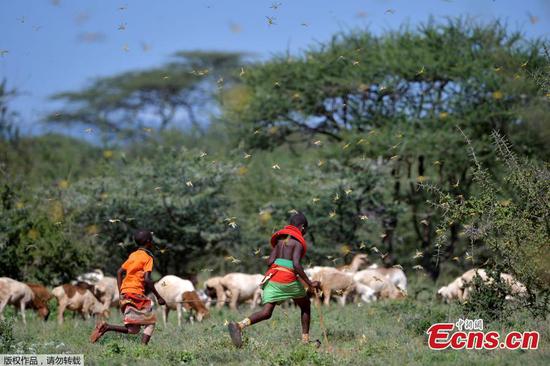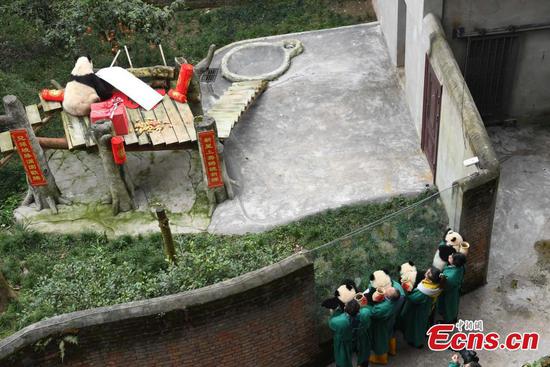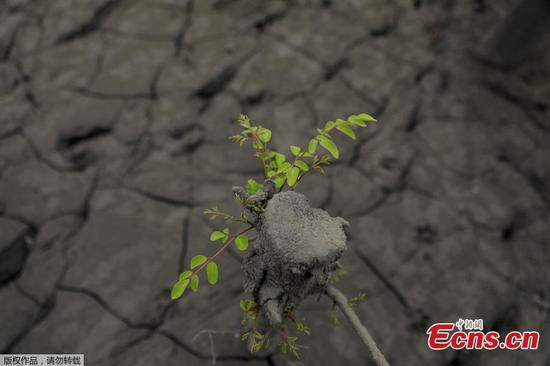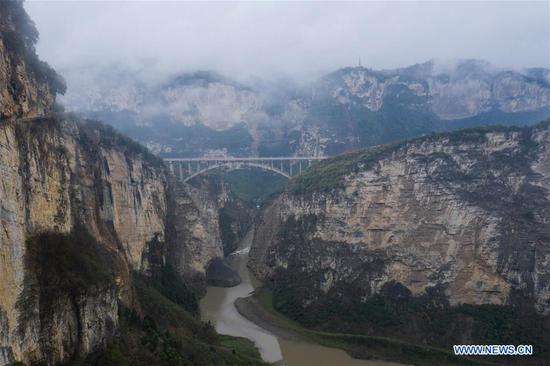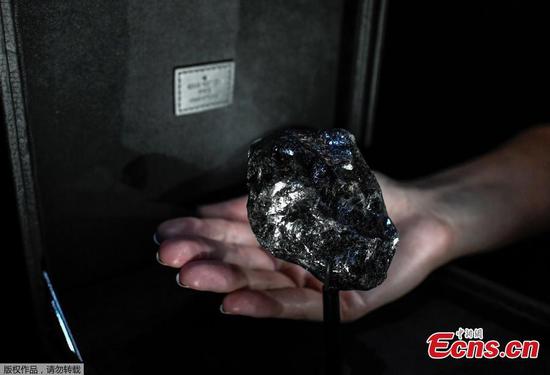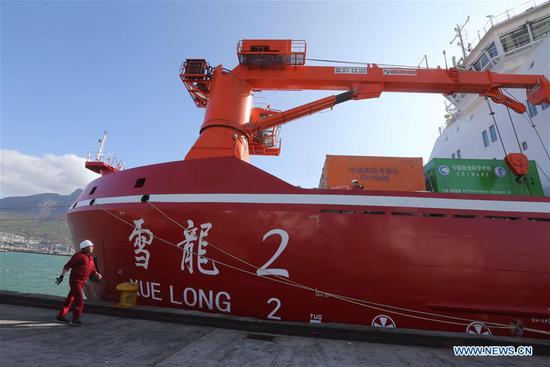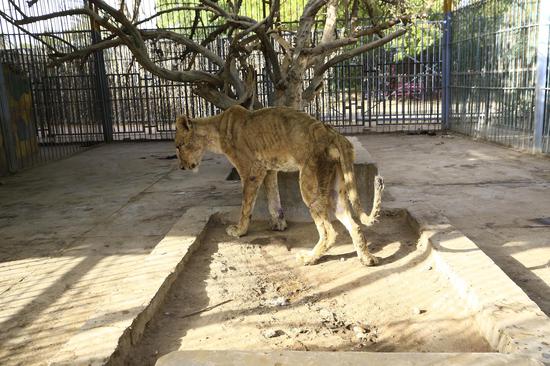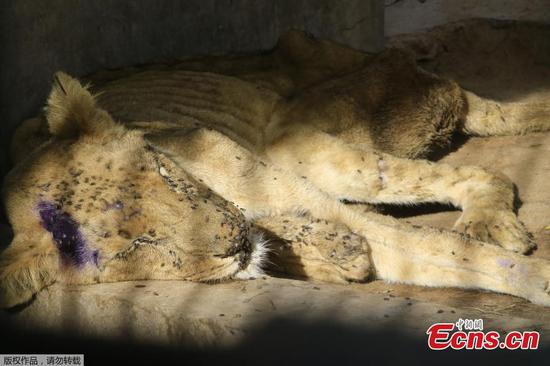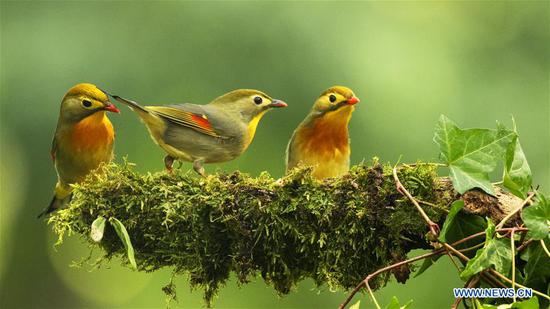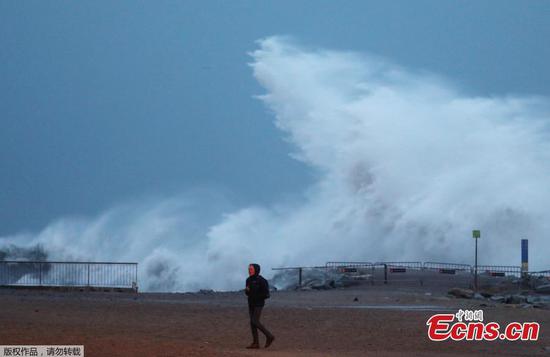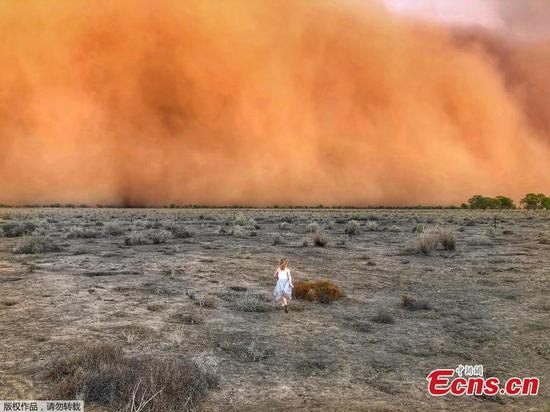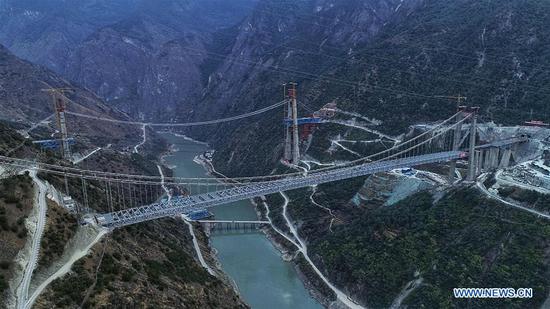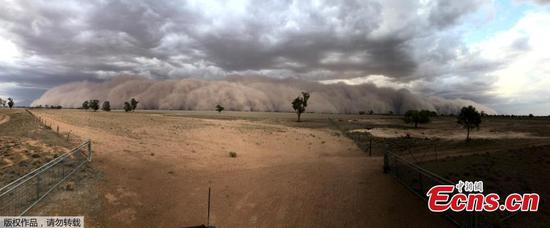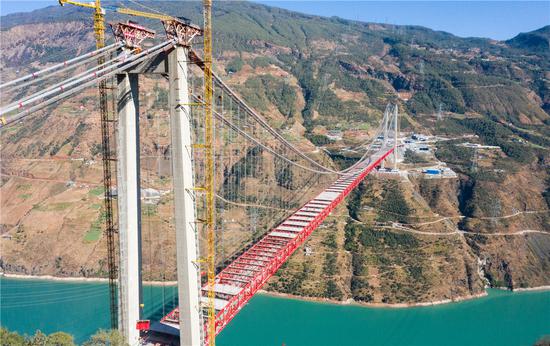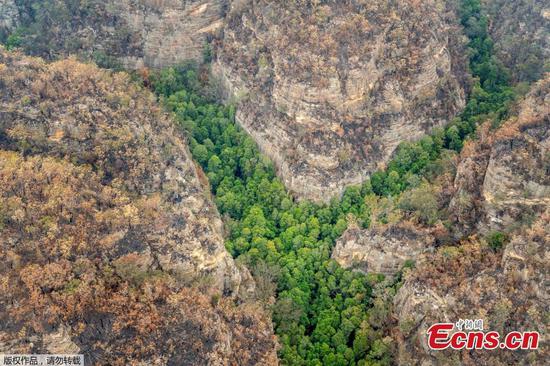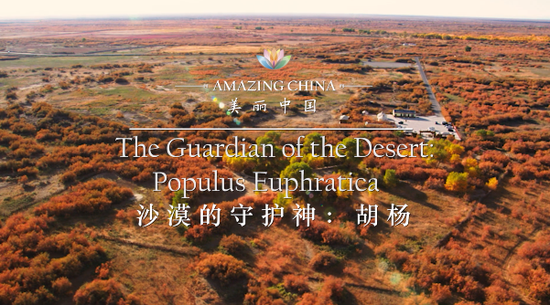An impact crater in outback Western Australia was confirmed to be the site of the world's oldest asteroid strike, with new research on Wednesday revealing the collision took place 2.229 billion years ago -- 200 million years before the next oldest strike.
Using isotopic analysis of minerals to calculate the precise age of the Yarrabubba crater, a team of scientists from Curtin University's School of Earth and Planetary Sciences and NASA, revealed the impact at the 70km diameter crater occurred into an ice-covered landscape, vaporizing a large volume of ice into the atmosphere.
According to Professor Chris Kirkland, who worked on the project, this could be the catalyst for what's known as the "big thaw" or "snowball earth", both hypothesized phases of the earth.
"Yarrabubba, which sits between Sandstone and Meekatharra in central Western Australia, had been recognized as an impact structure for many years, but its age wasn't well determined," he said.
"Now we know the Yarrabubba crater was made right at the end of what's commonly referred to as the early Snowball Earth -- a time when the atmosphere and oceans were evolving and becoming more oxygenated and when rocks deposited on many continents recorded glacial conditions."
Lead author, Associate Professor Nicholas Timms suspected the precise timing between the asteroid impact at Yarrabubba and the disappearance of glacial deposits can not be a coincidence.
"The age of the Yarrabubba impact matches the demise of a series of ancient glaciations," he said.
"After the impact, glacial deposits are absent in the rock record for 400 million years."
With numerical modelling also supporting the connection between the effects of large impacts into ice and global climate change, Timms said, "calculations indicated that an impact into an ice-covered continent could have sent half a trillion tons of water vapour -- an important greenhouse gas -- into the atmosphere."
"This finding raises the question whether this impact may have tipped the scales enough to end glacial conditions."









